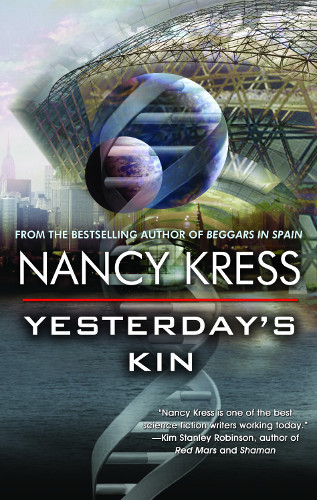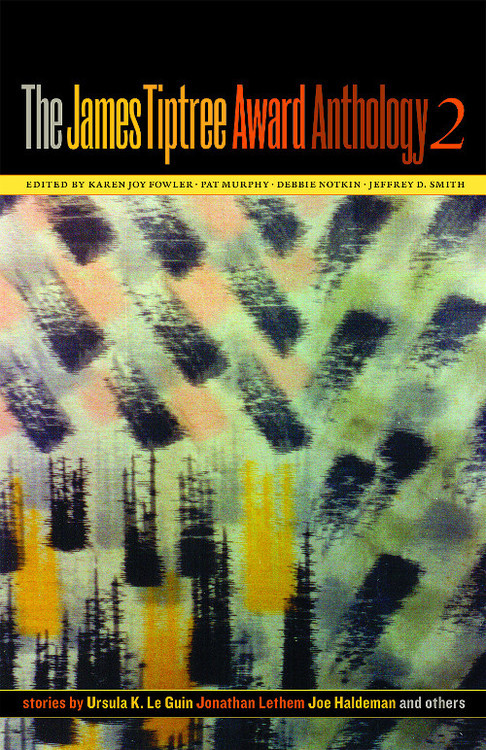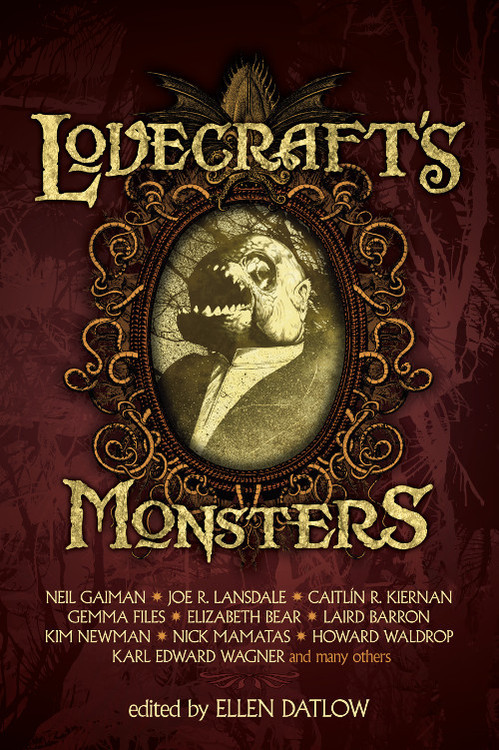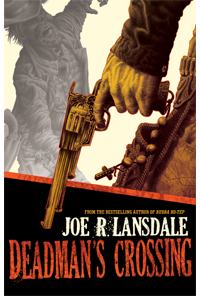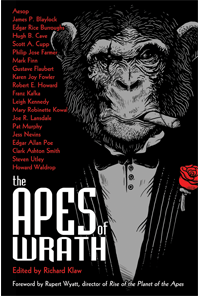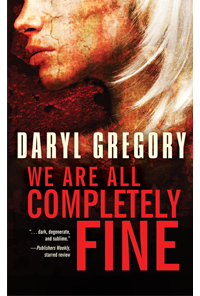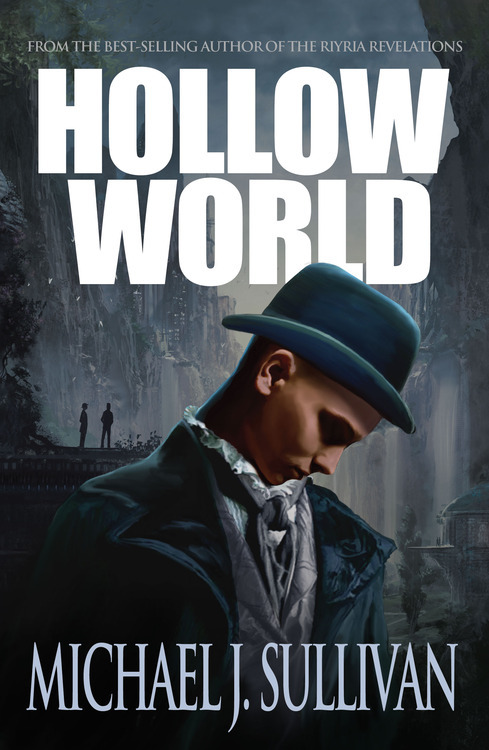WE ARE ALL COMPLETELY FINE moves at a quick pace, building up to action without seeming rushed
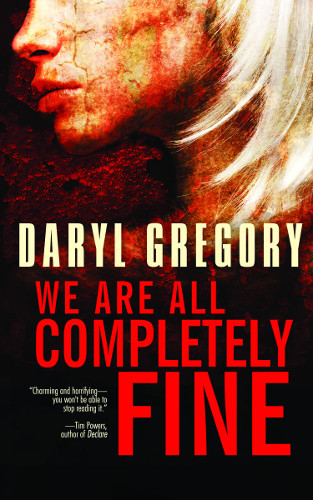
For the PCTELA News, Kate Hoffman writes about Daryl Gregory’s We Are All Completely Fine.
The story moves at a quick pace, building up to action without seeming rushed. I especially like how Gregory does not need to fill in all the details–he leaves some things out which makes it scarier to imagine for ourselves (I think sometimes we can create scarier monsters when we imagine them rather then when we are told what they are). I particularly enjoyed the references to Joseph Campbell’s Hero with A Thousand Faces and the resulting references/jokes peppered in to the last portion of the book.
This is a fast read that demands a sequel (I just found out that the prequel is in the publishing chute: Harrison Squared). I could see mature middle schoolers enjoying this (especially some of the banter) but warning, there is some strong language (f-bombs occur a few times).
Read the rest of Hoffman’s review at the PCTELA News.
For information on We Are All Completely Fine, visit the Tachyon page.
Cover design by Elizabeth Story.

